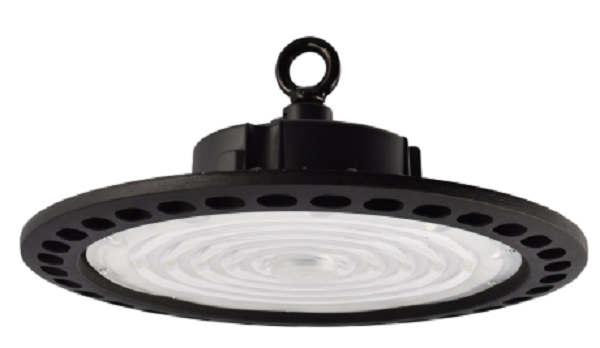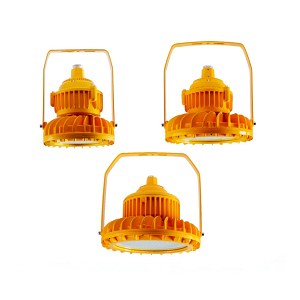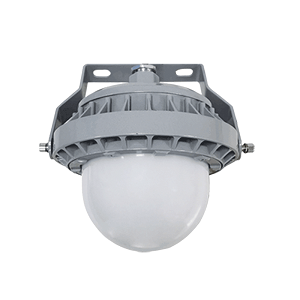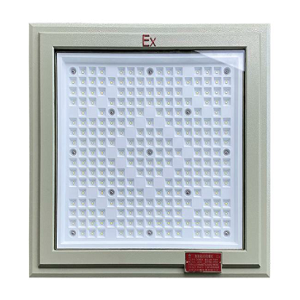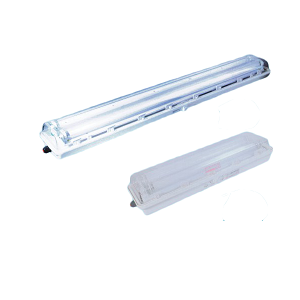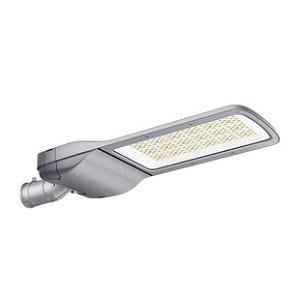Is it OK to sleep next to LED lights?
Sleeping next to LED lights may have some negative health effects.The blue light radiation in LED lights may affect a person’s biological clock, especially at night when strong blue light illumination is used, which may disrupt sleep and lead to difficulty falling asleep and insomnia.
In addition, LED lights have strong light lines and staring at them for long periods of time may lead to eye fatigue, dryness, stinging and other uncomfortable symptoms.
A Harvard Medical School study also found that LED lights interfere with sleep more severely than incandescent lights, stimulating the brain to produce cortisol, maintain a higher level of alertness, and affect sleep quality.
Specific effects on health
Sleep quality: blue light radiation from LED lights can interfere with the body’s biological clock, affecting the secretion of melatonin, which affects the quality of sleep, leading to lighter sleep and easy waking.
Vision: Sleeping under lights for a long time may affect the normal development of vision, especially for children.
Biological clock regulation: Light will interfere with the body’s biological clock, leading to circadian rhythm disorders.
Hormone secretion: sleeping with lights on for a long time may affect hormone secretion and increase the risk of precocious puberty.
Cancer risk: Exposure to the blue light spectrum, in particular, may increase the risk of prostate cancer.
Suggestions to minimize the effects
Use incandescent lights: Use incandescent lights in areas such as bedrooms, bathrooms and kitchens to minimize melatonin suppression.
Avoid looking directly at the light source for long periods of time: When using LED lights, try to avoid looking directly at the light source for long periods of time to reduce eye strain and discomfort.
Adjust the location of the light: Place LED lights in closets or hallways to avoid direct light on the bed.

